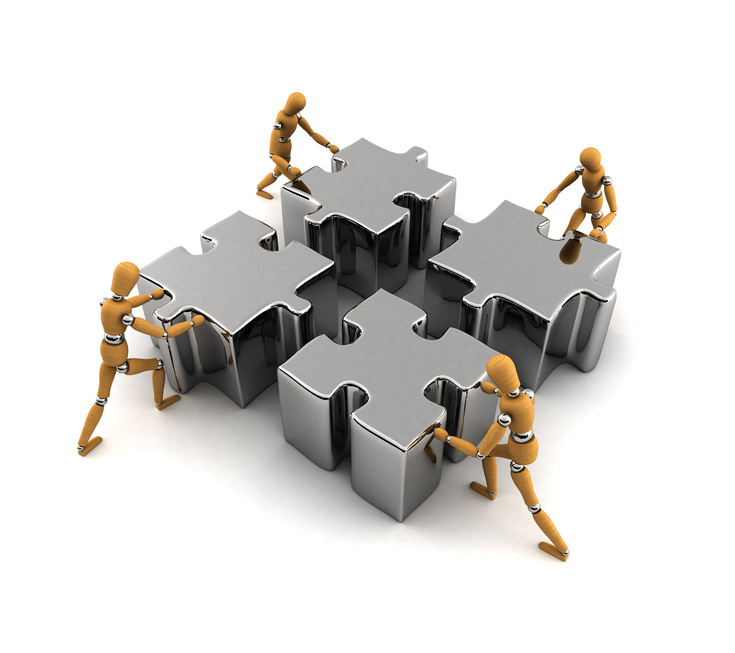 Many people I worked with or met, be it in the NGO world or in corporations, kept asking why time should be lost writing or even thinking about strategies: nobody ever reads them and sooner rather than later if not directly, they will find their way to the bin. The simple answer is that most of the people simply don’t understand what a strategy is and what it does. Not only is a strategy an ideal way to put your thoughts into a structured framework and to make them more tangible; no, it also gives you a powerful tool at hand that will help you sell your ideas and plans in a professional and successful manner. In addition, it will also enable you to measure whether you have reached your objectives and how or if you need to adjust your measures and tools.
Many people I worked with or met, be it in the NGO world or in corporations, kept asking why time should be lost writing or even thinking about strategies: nobody ever reads them and sooner rather than later if not directly, they will find their way to the bin. The simple answer is that most of the people simply don’t understand what a strategy is and what it does. Not only is a strategy an ideal way to put your thoughts into a structured framework and to make them more tangible; no, it also gives you a powerful tool at hand that will help you sell your ideas and plans in a professional and successful manner. In addition, it will also enable you to measure whether you have reached your objectives and how or if you need to adjust your measures and tools.
If you don’t know where you are going, how do you know when you get there?
Let me explain this to you: imagine you are asked to drive a new product launch and all you have are highly interesting and valid but loosely tied bits and pieces of your product managers, your marketing people and your engineers. How are you going to convince your customers – let alone your internal stakeholders who are first on the list – of the added value of your product if there is no thread, no thoroughly reflected and grounded path and no story?
Or how are you going to convince external donors and stakeholders to give to your organisation/association or to become active volunteers/members if you cannot show them where you are heading and what you have achieved so far and will in the future.
Well, I think it will be difficult…
Even if every single milestone you think of while writing your strategy, will confront you inevitably with new questions, issues and problems, it will only allow you to dig deeper in order to find out the true value proposition, goal or objective that will create the ‘wow’ effect in your customer’s or stakeholder’s eyes. So yes, time consuming it is, but in the end, the outcome rewards all efforts!
Let’s take a quick look at how a strategic document could be structured (only general categories are reproduced here, in practice, many more can be added of course):
1. Current Situation/Background
2. Alignment to Global or Segment Strategy
4. General Objectives (qualitative/quantitative)
3. Specific Objectives
- Long-term objectives (could be external or internal)
- Short-term objectives (could be external or internal)
4. Target Markets and Audiences
5. Analysis of competition (how are they positioned, how do they communicate?); yes, this is very important for NGOs and Associations too!
6. Communication Plan (including the appropriate communication vehicles and key messages)
7. Evaluating Success
8. Tactical calendar
9. Budget
If you follow this simple guideline involving if possible your managers, peers and other important partners within your organisation in the thought process (this obviously includes summarizing and structuring what you have received from your colleagues or reaching out to them), you will have all the pre-requisites for a successful launch, thought process, road-map, introduction or campaign. Not only will you generate the buzz and buy-in you need internally to get things done, but your external appearance on the market and with your various audiences will be a true experience and hence a success.
Let me know if you need some input for streamlining your thoughts or creatively brainstorming on the way forward. Having led many initiatives (locally and internationally) and written many strategic documents and guidelines for various industries and organisations, I am sure that I will be able to help you too!
Have an excellent start in the new week, Jenny










